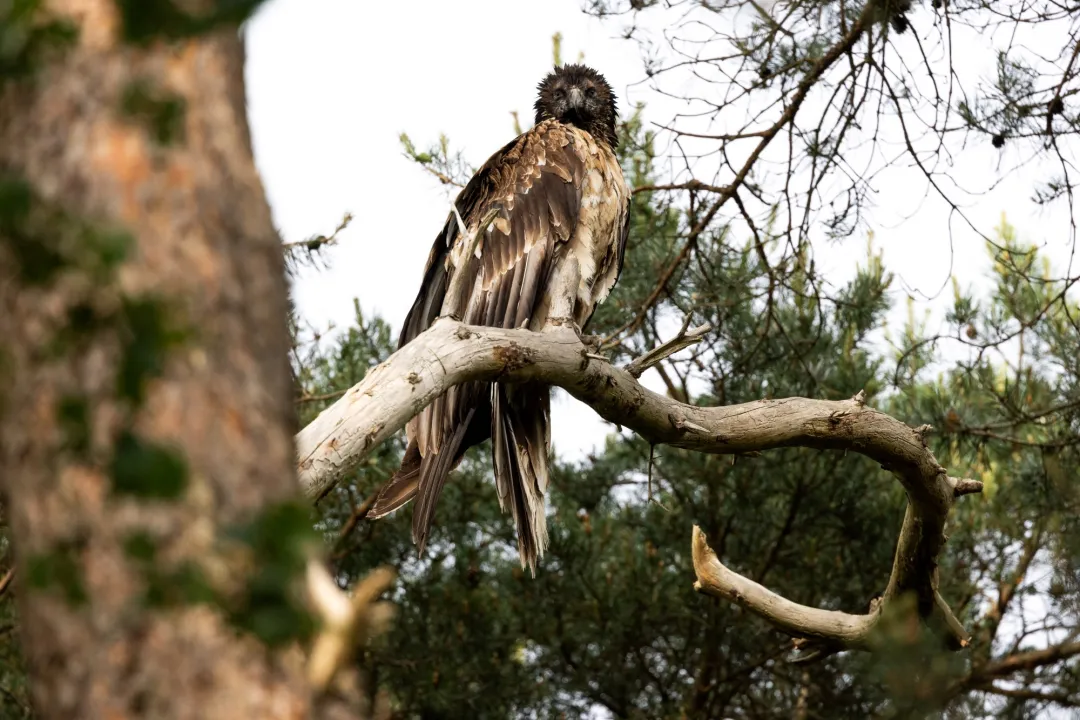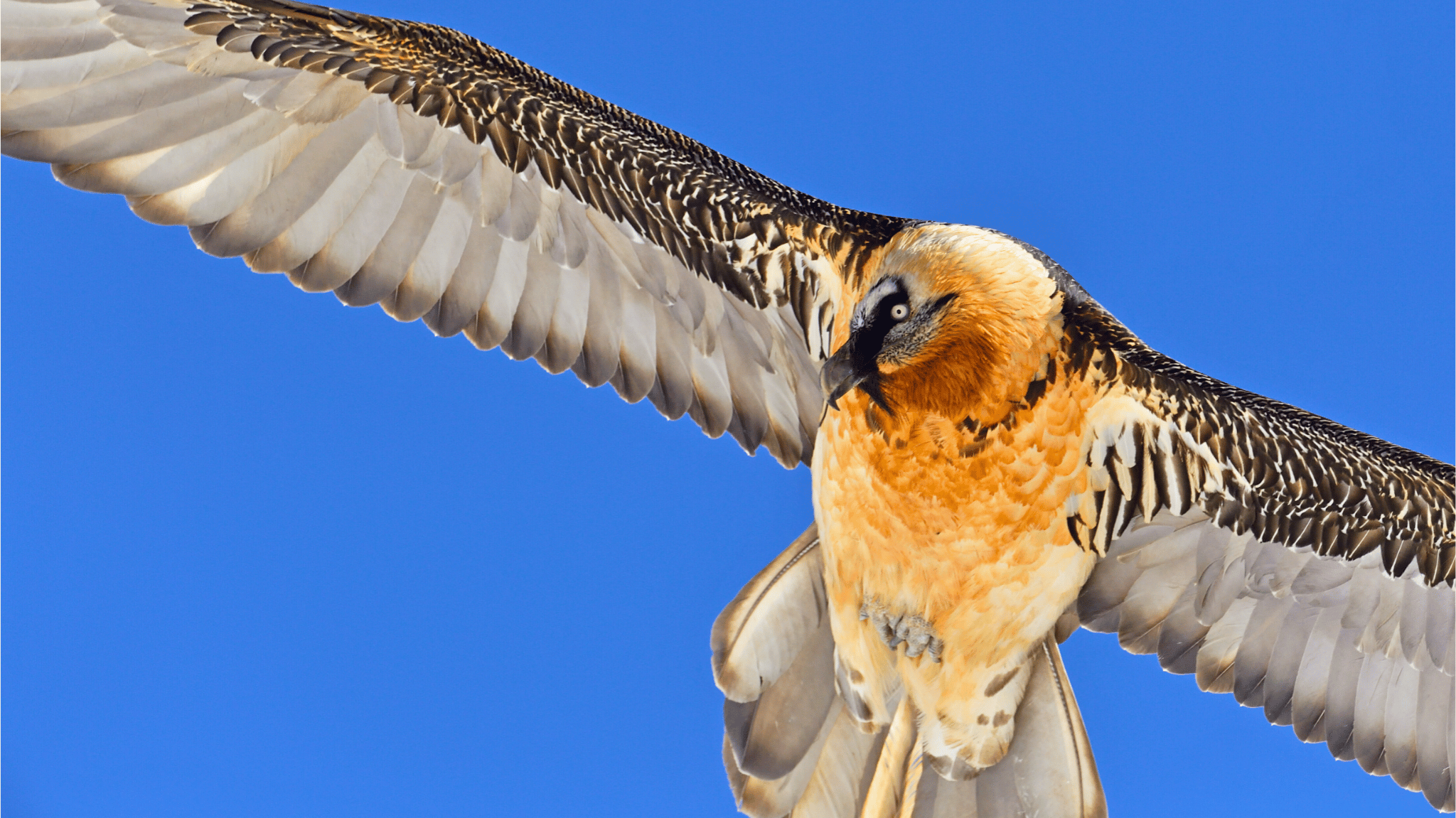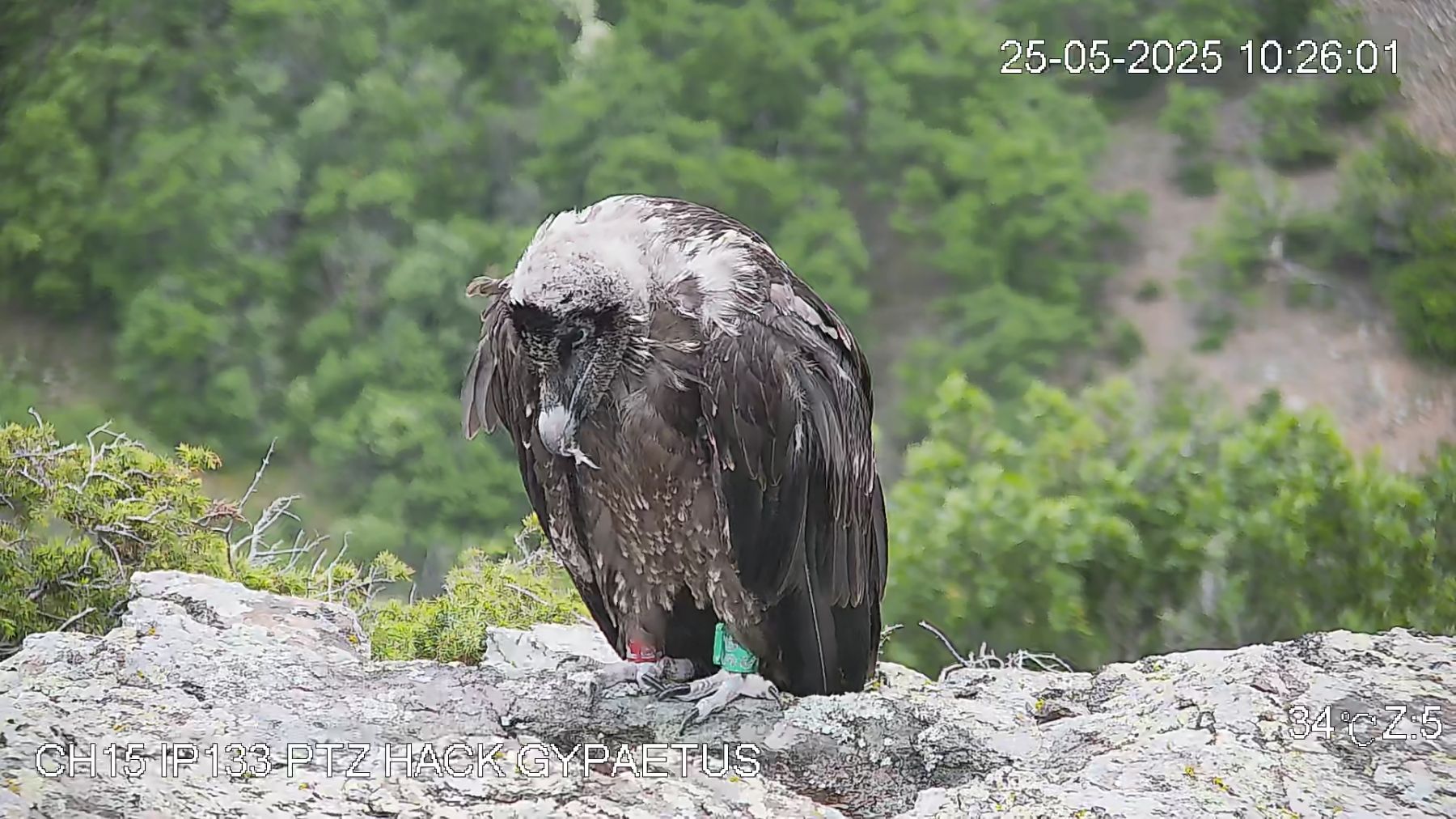Poison is the number one threat to vultures worldwide, and it continues to kill vultures even in Europe, in spite of the raised awareness and strict legal framework. So the news that a person responsible for the poisoning of a bearded vulture in Andalucía (Spain) has now been convicted in the courts is good – it may deter others and send a powerful sign al that poisoning is not the solution to deal with wildlife management problems!
The case goes back to May 2011, when two Bearded Vultures from the reintroduction project in Andalucía were found dead, with typical signs of poisoning. These birds had been released months before as part of an international Reintroduction Programme run by the Andalusia Government and the Vulture Conservation Foundation.
This mortality event was a shock, and resulted in the temporary suspension of the reintroduction programme, which only resumed after the Junta de Andalucía beefed up its excellent anti-poisoning programme.
Regarding the two unfortunate birds, the respective necropsies and toxicological analyses were conducted at CAD – the Junta´s reference laboratory in Malaga. One of the vultures had ingested a poisoned bait soaked with aldicarb – a carbamate compound. Although no residues were detected in any of the samples analyzed from the other bird, its positioning in death was consistent with poisoning. But who poisoned the birds? And why?
CAD and the Junta de Andalucía embarked then in a methodical forensic investigation that mirrors the well-known CSI series one sees often in the TV: First, the type of meat used as bait was genetically determined, and revealed to be sheep meat. The team then searched for farmers operating in the area and identified several shepherds as possible suspects. A warrant was then requested from a judge to collect blood samples from the sheep belonging to each the suspects. Several months later the warrant was obtained, and more than 150 sheep (!) were sampled from the premises of five different suspects by specially trained personal. A conclusive match was found between one of the samples and the bait meat – and pointed to a suspect known to have used poison against wildlife in the past.
With these results in hand, the police charged the suspect with poisoning, which is regarded as a wildlife crime under the Spanish Penal Code. Four years later, last month, the suspect was found guilty and convicted to a (suspended) six month term in jail, and payment of costs.
The successful conclusion of this case is the culmination of months of painstaking, technically rigorous work. Congratulations to everyone who contributed – from the field to the lab to the courtroom!
You can see a short movie about the Junta de Andalucia´s excellent anti-poisoning programme below





